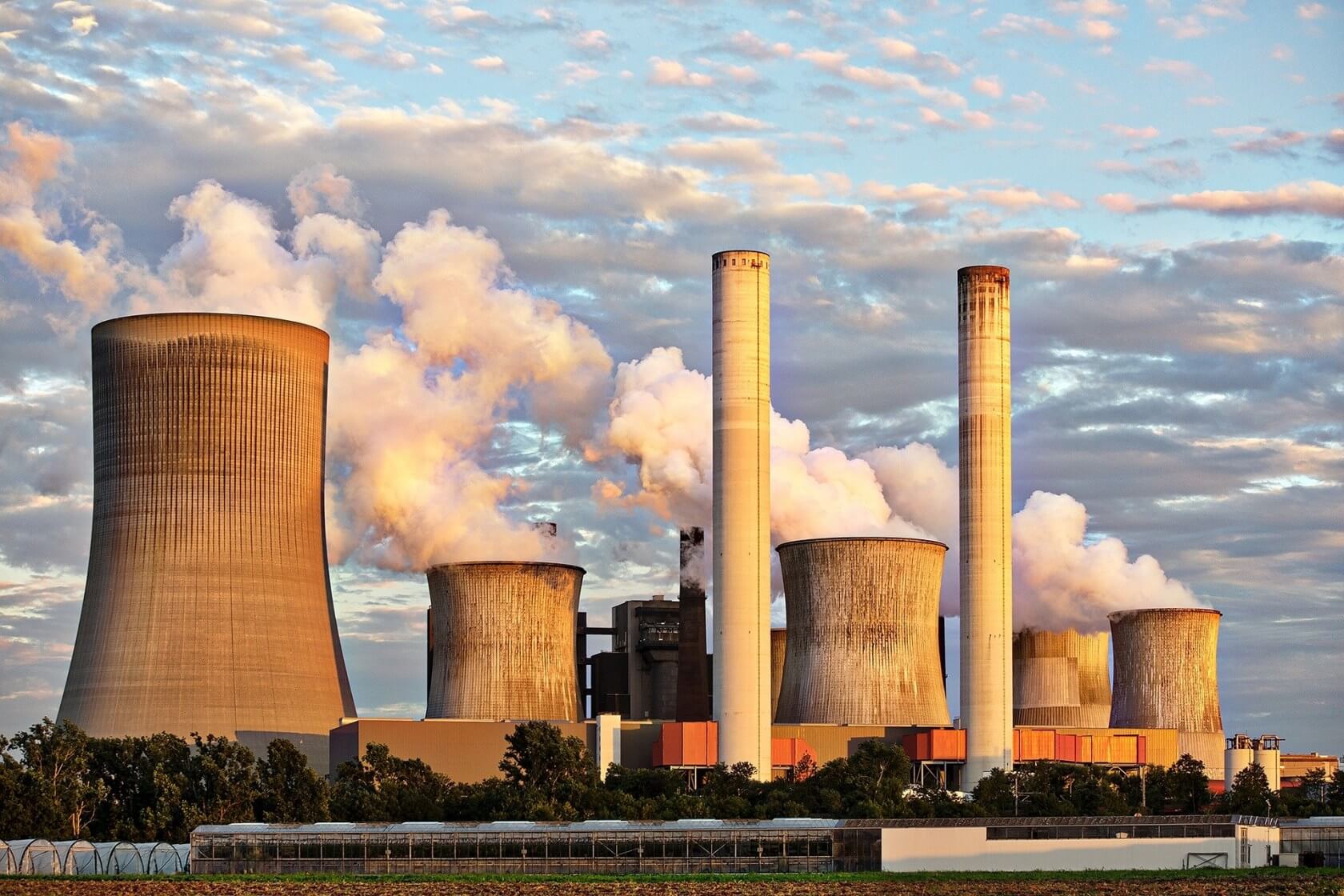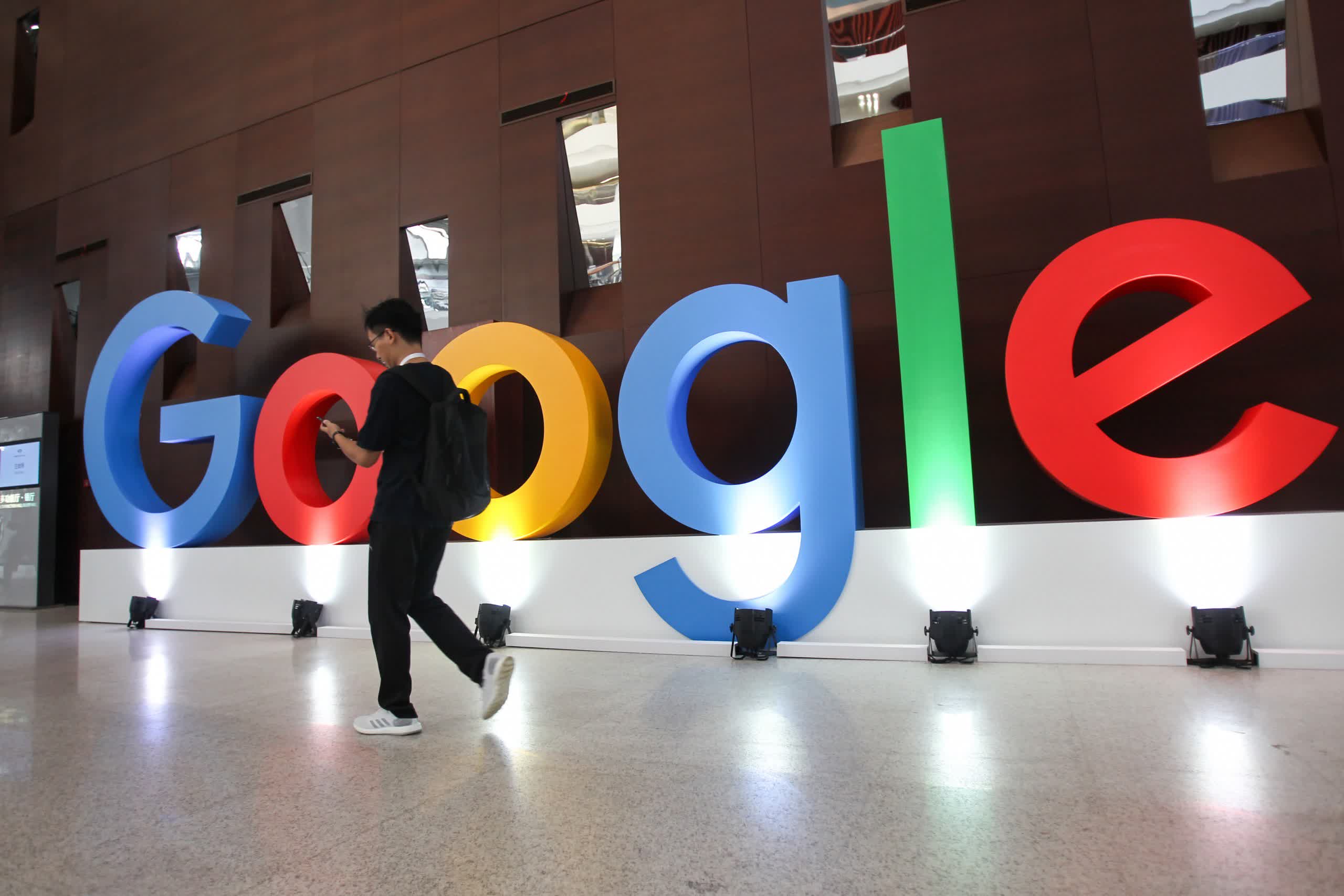Why it matters: Google announced this week that it will stop permitting ads to run alongside content that denies climate change, and will stop monetizing such content. The change seems to have come after Google received pressure from advertisers.
Google made the announcement in the help section of its Google Ads page. The update said Google's advertising partners expressed that they didn't want their ads running next to "inaccurate claims about climate change." Starting next month, Google will stop running ads on and monetizing pages or videos that say climate change is a hoax, deny that the planet is heating up, or deny that human-induced greenhouse gases are what's behind climate change.
Google says it will still allow ads and monetization on content that covers topics like climate change debate, climate policy, and the effects of climate change. The company will try to differentiate between content that discusses climate change denial, and content that tries to claim climate change denial as fact.
"When evaluating content against this new policy, we'll look carefully at the context in which claims are made," the announcement reads. Google plans to enforce this policy using a combination of automated and human methods when reviewing climate change-related content.

Among the experts Google says it consulted setting up this policy, are people who contributed to assessment reports for the United Nations Intergovernmental Panel on Climate Change (IPCC).
To help bring attention to the issue of climate change, back in April Google added a Timelapse feature to Google Earth. It allows users to see how the Earth's surface has changed over nearly the last 40 years, using satellite imagery to illustrate things like urbanization and melting glaciers. In September of 2020, Google announced that it had completely offset its own lifetime carbon emissions, already having been carbon neutral since 2007.
